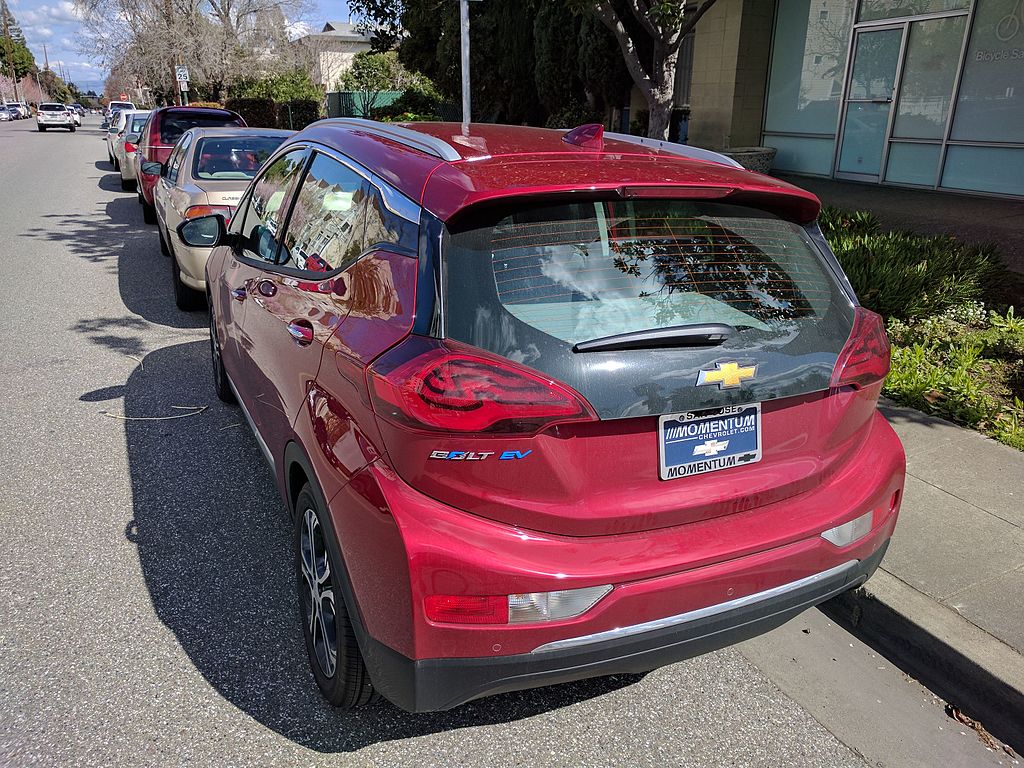Electric Vehicle Consideration Up but Skepticism Still Exists, J.D. Power Finds
As per the J.D. Power 2022 U.S. Electric Vehicle Consideration (EVC) StudySM, the landscape of the American auto market is undergoing a significant transformation. With an increasing number of entries from accomplished vehicle manufacturers, prospective buyers are now more inclined to consider fully electric vehicles (EVs) than ever before.
These new models are not only meeting the demands for performance and reliability but also addressing the environmental concerns, thereby turning erstwhile skeptics into potential EV consumers. This shift in consumer sentiment could herald a new era for the auto industry, where EVs may soon become the norm rather than the exception.

The J.D. Power study reveals that the percentage of shoppers who say they are “very likely” to consider an EV for their next purchase or lease has climbed to 24%, a notable increase of four percentage points from the previous year. Several factors contribute to this uptick in interest, and chief among them is the introduction of new electric models. Notably, some of these new offerings are in previously untapped segments, such as pickup trucks. This expansion into new market sectors is sparking consumer curiosity and driving up interest, demonstrating the vast potential of EVs in reshaping the landscape of the auto industry.
“The addition of new EV models has moved the needle on consumer consideration,” said Stewart Stropp, senior director of automotive retail at J.D. Power. “In fact, several new models from perennial mass market brands are at the top of that consideration list. Even so, more remains to be done in terms of transitioning from early to mass adoption. Though the study findings show a shift in favor of EVs, about 76% of new-vehicle shoppers say they are not ‘very likely’ to consider buying one. With new EV model introductions coming at a rapid pace, automakers must continue their efforts to persuade more shoppers to give these vehicles a try.”
A substantial barrier to widespread EV adoption is the varying living and working circumstances of potential shoppers. There is a significantly greater proportion of homeowners (27%) stating they are “very likely to consider” an EV compared to renters (17%). Homeowners, typically having higher affluence, are more likely to have the capability to charge an EV at their residence. Most revealing is the 34% of respondents who indicated they are unlikely to consider an EV due to a lack of access to charging facilities at home or work.
Interestingly, the study, now in its second year, discovers that the more individuals drive, the more likely they are to consider an EV. Despite an assumption that those taking frequent vacations and road trips may be less likely to switch, like heavy commuters, these frequent travellers show a higher EV consideration tendency. This may suggest that frequent drivers are beginning to acknowledge the benefits of EVs over traditional gasoline vehicles.
However, as EV models continue to multiply, manufacturers must strategize to convert the large percentage of shoppers from “somewhat likely” to actual customers. The study identifies a key opportunity: introducing EVs to shoppers who have never driven, ridden in, or even sat in one. Echoing findings from the previous year, the 2022 study substantiates the importance of firsthand experience with EVs in purchase consideration.
Only 11% of respondents with no personal EV experience say they’re “very likely” to consider an EV. This figure jumps to 24% among those who’ve merely been a passenger and 34% among those who’ve driven an EV. EV owners seem convinced, with 48% stating they’re “very likely” to consider another EV for their next purchase.
For more information about the U.S. Electric Vehicle Consideration (EVC) Study, visit https://www.jdpower.com/business/automotive/electric-vehicle-consideration-study.
